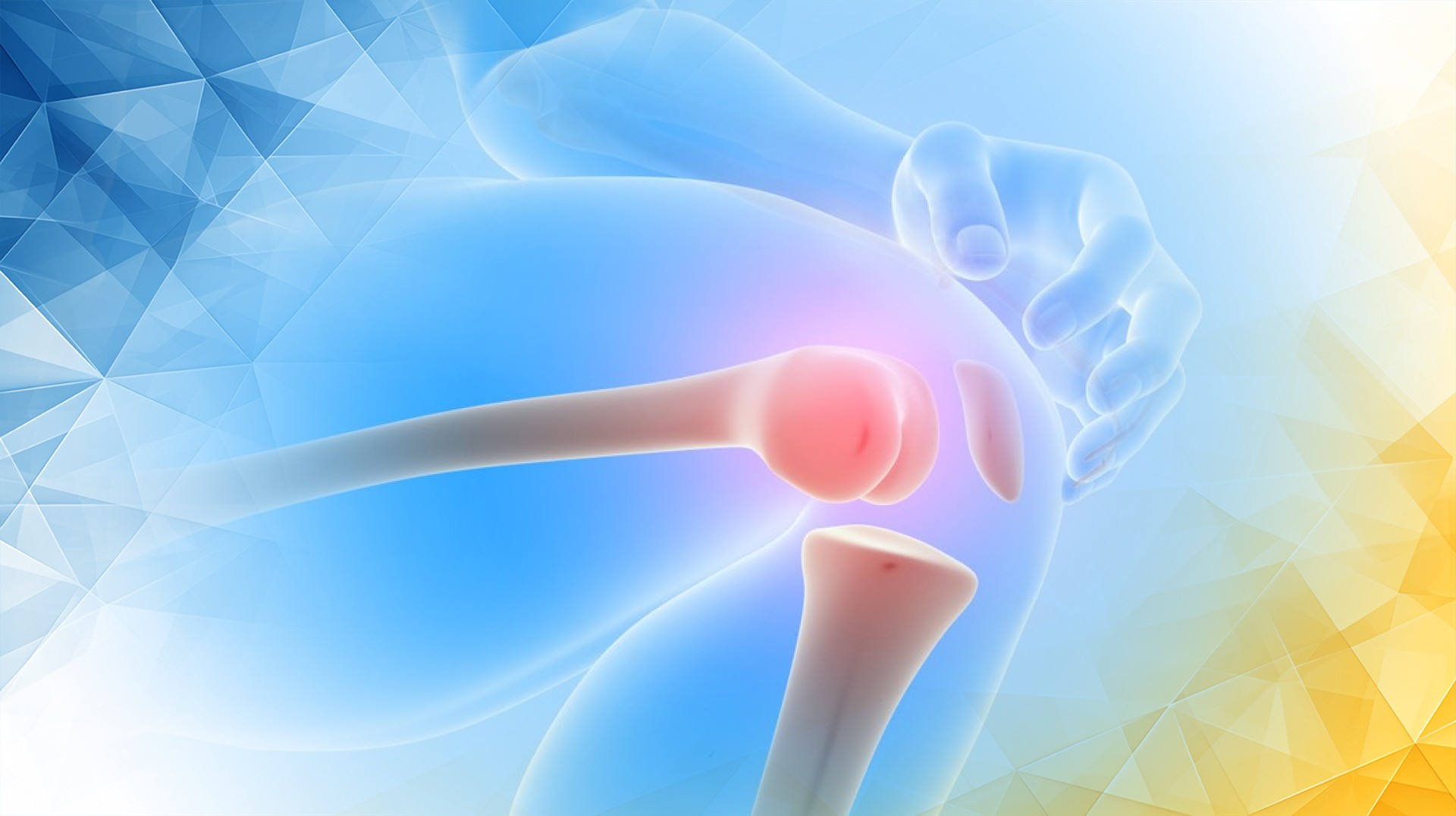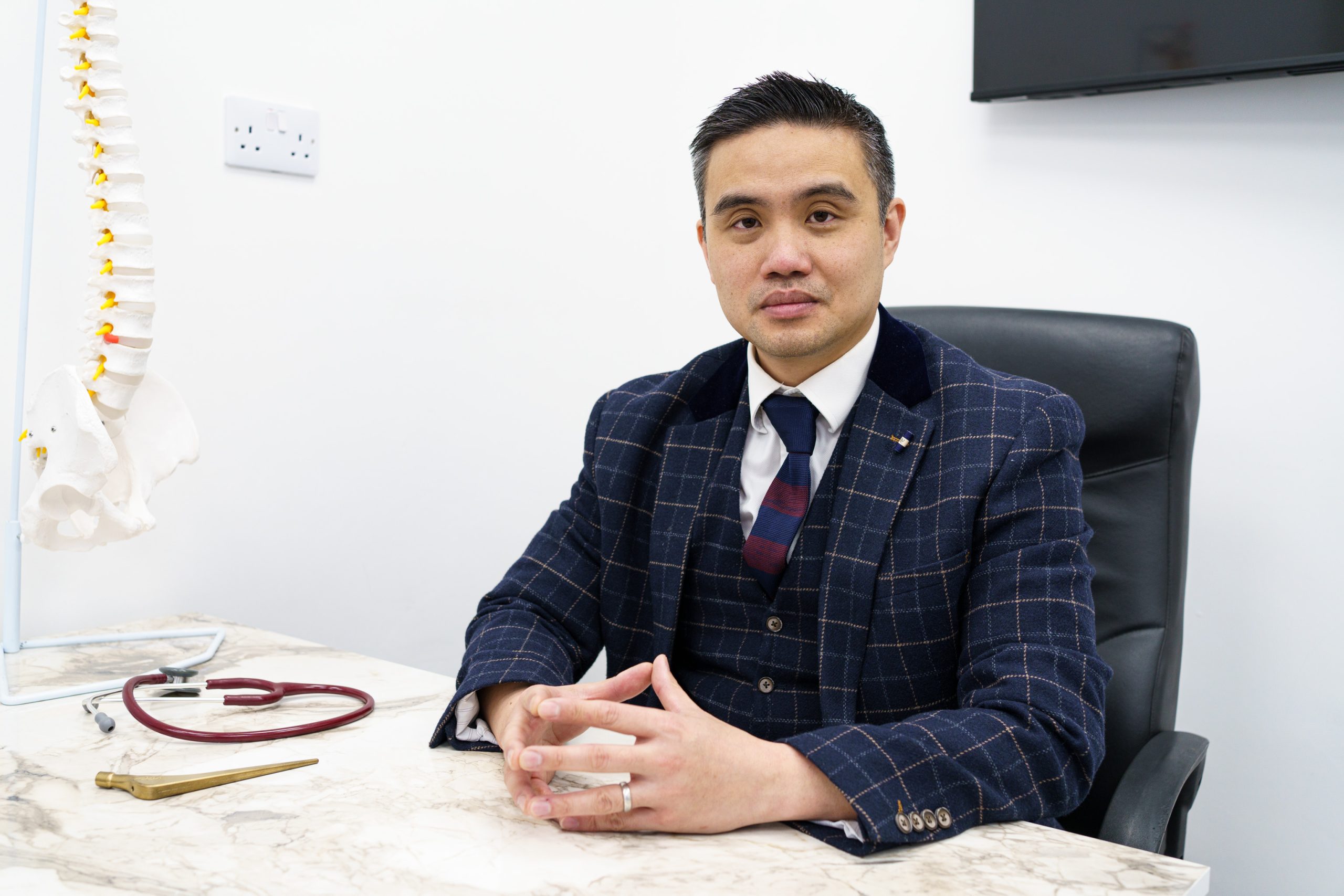



ACL repair stands as an advanced surgical solution, offering patients a highly efficient option compared to conventional ACL reconstruction. At London Cartilage Clinic, our team of specialists leads the way in the field, possessing deep-seated knowledge and skill in ACL repair surgery. Our latest blog explores the importance, and the role ACL repair plays in cartilage health and regeneration.
The Anterior Cruciate Ligament (ACL) is crucial for maintaining the internal stability of the knee joint. Much like the foundation of a skyscraper, the integrity of the ACL is essential for supporting and stabilising the knee, particularly during dynamic movements that involve pivoting, jumping, or sudden changes in direction.
An intact ACL prevents excessive movement and instability in the knee. When the ACL is injured, the resulting instability can lead to increased wear and tear on the articular cartilage. This additional stress can accelerate cartilage deterioration, leading to conditions like osteoarthritis.
For cartilage repair techniques to be successful, the overall environment within the joint must be stable. Repairing the ACL creates a stable environment that is conducive to the healing of cartilage repairs or regeneration procedures. Without this stability, any attempt to repair or regenerate cartilage could fail, as the unstable joint would compromise the newly formed or repaired tissues.
ACL repair not only stabilises the knee but also helps to maintain the alignment and biomechanical functionality of the joint. This alignment is crucial for the even distribution of forces across the knee, which helps in the long-term preservation and health of the joint cartilage.
ACL repair is often the first step in a comprehensive treatment plan for patients with combined ligament injuries and cartilage damage. By restoring ACL integrity, surgeons can ensure that subsequent treatments—such as meniscus repair, cartilage transplantation, or regenerative therapies—are performed on a “stable ground,” thereby increasing the likelihood of successful outcomes.
At London Cartilage Clinic, we utilise state-of-the-art techniques in ACL repair to enhance cartilage regeneration. Our approach not only focuses on repairing the ACL but also addresses any associated injuries or cartilage damage, providing a holistic treatment plan tailored to each patient’s needs. Our advanced techniques include the BEAR implant, BioBrace implant, or STARR technique. Each approach is meticulously crafted to promote the innate healing process of your ACL, offering tailored solutions that preserve the original structure of your knee. Our BEAR and STARR repairs are customised to individual needs, recognising that one size does not fit all.
Similar to reconstruction surgery, ACL repair is a prevalent choice for adults who sustain knee injuries during sports activities. A comprehensive evaluation conducted by our specialists, encompassing imaging studies and physical examinations, will ascertain the most suitable approach tailored to your unique condition.


All our treatments are selected to help patients achieve the best possible outcomes and return to the quality of life they deserve. Get in touch if you have any questions.
At London Cartilage Clinic, we are constantly staying up-to-date on the latest treatment options for knee injuries and ongoing knee health issues. As a result, our patients have access to the best equipment, techniques, and expertise in the field, whether it’s for cartilage repair, regeneration, or replacement.
For the best in patient care and cartilage knowledge, contact London Cartilage Clinic today.
At London Cartilage Clinic, our team has spent years gaining an in-depth understanding of human biology and the skills necessary to provide a wide range of cartilage treatments. It’s our mission to administer comprehensive care through innovative solutions targeted at key areas, including cartilage injuries. During an initial consultation, one of our medical professionals will establish which path forward is best for you.
Contact us if you have any questions about the various treatment methods on offer.
Legal & Medical Disclaimer
This article is written by an independent contributor and reflects their own views and experience, not necessarily those of londoncartilage.com. It is provided for general information and education only and does not constitute medical advice, diagnosis, or treatment.
Always seek personalised advice from a qualified healthcare professional before making decisions about your health. londoncartilage.com accepts no responsibility for errors, omissions, third-party content, or any loss, damage, or injury arising from reliance on this material. If you believe this article contains inaccurate or infringing content, please contact us at [email protected].